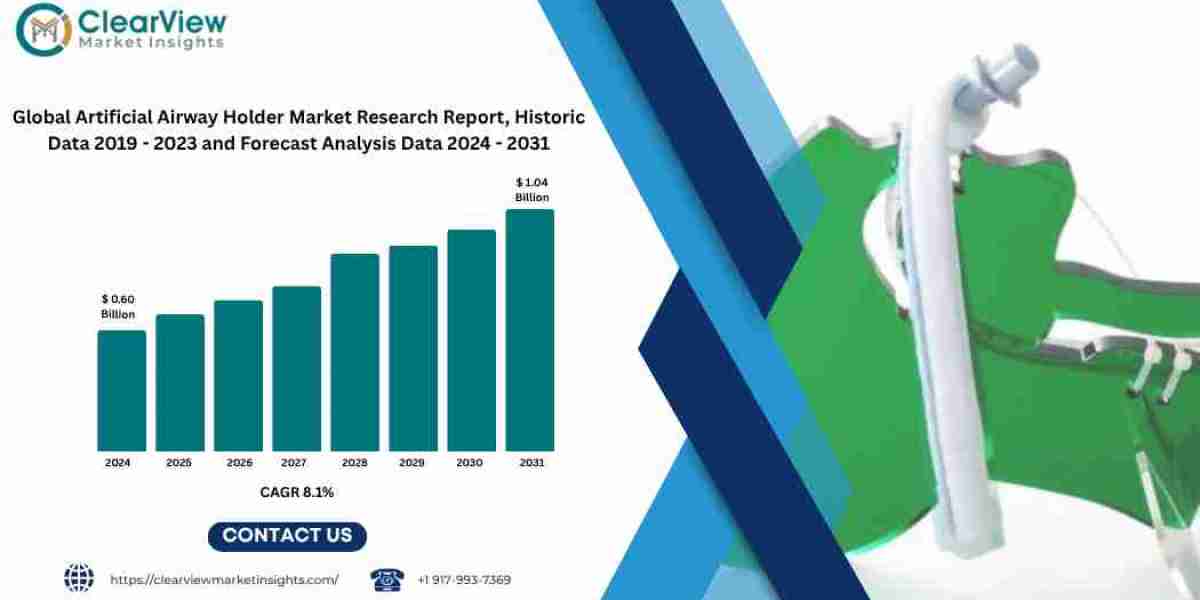The global Vaccine Transport Carrier Market is undergoing a transformative phase, propelled by the integration of Internet of Things (IoT) technologies and smart monitoring systems. These advancements are enhancing the efficiency, reliability, and transparency of vaccine distribution, ensuring that vaccines maintain their potency from manufacturing facilities to administration sites.
? Market Dynamics and Growth Drivers
The increasing demand for temperature-sensitive vaccines, such as those for COVID-19, has underscored the critical need for robust cold chain logistics. Traditional methods of vaccine transportation often fall short in maintaining the stringent temperature requirements, leading to significant vaccine wastage. According to the International Air Transport Association, approximately 25% of vaccines are degraded by the time they reach their destination due to incorrect shipping procedures.
The integration of IoT and smart monitoring systems addresses these challenges by providing real-time visibility into the conditions of vaccine carriers. This technological evolution is not only reducing wastage but also enhancing the overall efficiency of vaccine distribution networks.
? IoT-Enabled Cold Chain Monitoring
IoT technologies are revolutionizing cold chain logistics by enabling real-time tracking and monitoring of vaccine carriers. Sensors embedded within transport containers continuously measure temperature, humidity, and other critical parameters, transmitting data to centralized platforms accessible by stakeholders.
For instance, TCS's DigiFleet™ platform leverages IoT to monitor vaccine vials, predict potential temperature excursions, and track delivery timelines, thereby reducing spoilage and ensuring timely deliveries.
Similarly, Everynet and Telkom Indonesia have developed an insulated vaccine carrier equipped with sensors that monitor internal temperature and location, communicating anomalies in real-time to prevent potential vaccine spoilage.
? Smart Monitoring Systems and Predictive Analytics
Beyond real-time monitoring, the integration of artificial intelligence (AI) and machine learning (ML) with IoT systems enables predictive analytics, allowing for proactive decision-making in vaccine logistics.
These smart systems can analyze historical and real-time data to predict potential disruptions in the cold chain, such as equipment failures or route delays, enabling stakeholders to take preemptive actions. For example, FedEx's SenseAware platform utilizes advanced analytics to optimize delivery routes and ensure product integrity within the cold chain.
Moreover, the integration of blockchain technology with IoT devices enhances the transparency and security of vaccine distribution. Blockchain provides an immutable record of the vaccine's journey, ensuring data integrity and facilitating compliance with regulatory standards.
? Innovations in Vaccine Transport Carriers
The market is witnessing the emergence of innovative vaccine transport solutions designed to maintain optimal conditions during transit.
One such innovation is the ALIVE (A Low-Cost Interactive Vaccine Storage Environment) module, which offers an off-grid, self-sufficient solution for vaccine storage and transport. Equipped with active cooling technology and IoT integration, ALIVE ensures precise temperature control and real-time monitoring, making it particularly suitable for last-mile delivery in remote areas.
Additionally, the use of drones and autonomous vehicles equipped with temperature-controlled compartments is gaining traction, especially in hard-to-reach regions. These technologies not only expedite delivery but also minimize handling errors, ensuring vaccines reach their destinations in optimal condition.
? Regional Insights and Market Outlook
The adoption of IoT and smart monitoring systems in vaccine transport carriers varies across regions, influenced by infrastructure development and technological readiness.
North America: Leading in the adoption of advanced cold chain technologies, driven by significant investments in healthcare infrastructure and a strong regulatory framework.
Asia-Pacific: Experiencing rapid growth due to increasing immunization programs and government initiatives to enhance cold chain logistics. Countries like India and China are investing in IoT-enabled solutions to improve vaccine distribution efficiency.
Africa: Facing challenges related to infrastructure and resource constraints, but initiatives like the Africa Centre of Excellence for Sustainable Cooling and Cold Chain (ACES) are working towards implementing efficient cold-chain solutions across the continent.
Overall, the global vaccine transport carrier market is poised for significant growth, with the integration of IoT and smart monitoring systems playing a pivotal role in enhancing the reliability and efficiency of vaccine distribution.
? Market Dynamics and Future Outlook
The vaccine transport carrier market is projected to reach USD 4.0 billion by 2031, growing at a compound annual growth rate (CAGR) of 4.7% from 2021 to 2031 . This growth is driven by factors such as the increasing prevalence of infectious diseases, the rising demand for vaccines, and the need for maintaining vaccine potency during transportation. Technological advancements, including the integration of IoT and temperature monitoring sensors in vaccine carriers, are enhancing their efficacy and reliability .
Key trends influencing the market include the development of ultra-low temperature carriers, the adoption of sustainable materials, and the customization of transport solutions to meet the specific requirements of different vaccines. Manufacturers are focusing on designing innovative carriers with enhanced features to meet the evolving demands of the healthcare industry.
? Conclusion
The integration of IoT and smart monitoring systems into vaccine transport carriers marks a significant advancement in cold chain logistics. These technologies provide real-time visibility, predictive analytics, and enhanced security, ensuring vaccines are delivered safely and efficiently. As the global demand for vaccines continues to rise, the adoption of these intelligent systems will be crucial in strengthening healthcare supply chains and improving public health outcomes worldwide.




